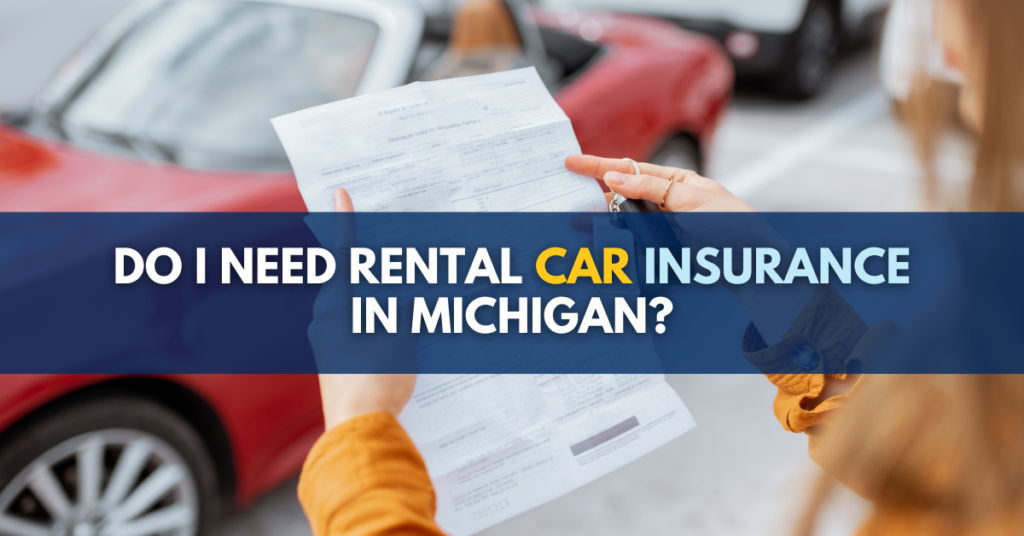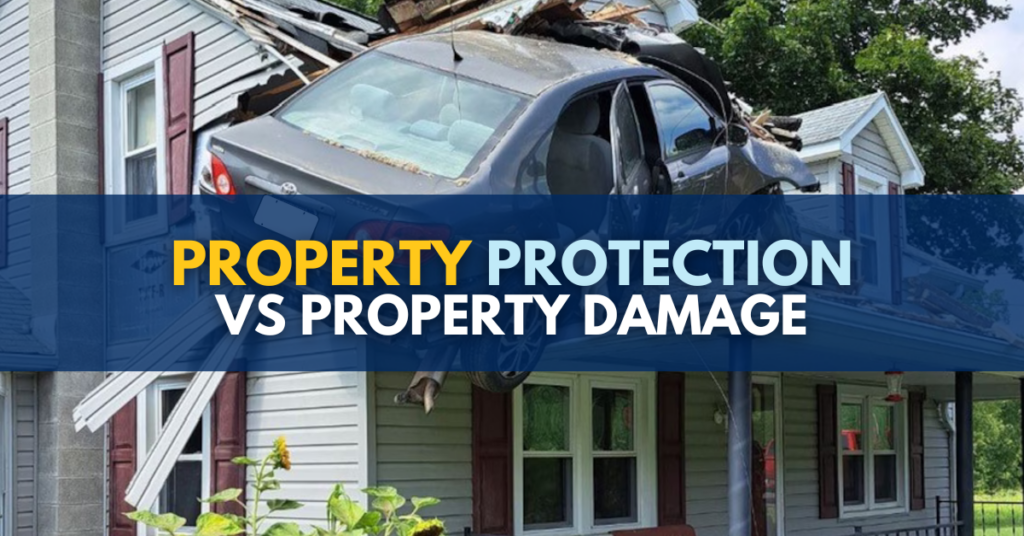A bill that aimed to prohibit right of first refusal on dealership buy-sell deals failed in West Virginia’s House of Delegates last month, in part on the concern that eliminating it could hamper automakers’ efforts to increase racial diversity among dealers in the state, according to a representative of the state’s dealers association.
The right of first refusal allows automakers to reassign a dealership purchase agreement and deal terms to another buyer of their choosing. And they argue that right of first refusal gives them more flexibility in managing dealership networks, particularly in aiding diversification of dealership owners representing their brands.
It’s estimated that fewer than a dozen states prohibit it, according to industry experts, state dealer association heads and dealership lawyers interviewed by Automotive News.
Johnnie Brown, outside general counsel for the West Virginia Automobile Dealers Association, said the bill died when it was placed on the House calendar on March 7, just five days before the 60-day legislative session concluded. It takes three readings and a vote for a bill to pass the chamber, and there wasn’t enough time left in the session for that to happen.
The West Virginia bill was sponsored by Republican Sen. Rupie Phillips. It was introduced on Jan. 24 and had passed the Senate unanimously with 33 votes and one absence on Feb. 25.
House Democrat Evan Hansen expressed concern during the legislative process that prohibiting the right of first refusal could infringe on automakers’ efforts to expand diversity among their dealer networks. Brown said that played a role in the bill’s failure.
Hansen said that during testimony, a delegate supporting the bill cited the right of first refusal’s potential use to increase minority ownership “as if it was a bad thing.”
“Then there was further testimony from the next representative that was basically saying, these dealerships are being sold to people from Tennessee to Cleveland and they don’t share West Virginia values,” Hansen told Automotive News. “I found that offensive and fought against the bill once I heard that.”
West Virginia is one of the least racially diverse states in the country and also has experienced population decline. West Virginia lost 1.7 percent of its population from 2010 to 2022, according to the Census Bureau. And more than 93 percent of the state’s population is white, according to 2022 Census Bureau estimates.
“I don’t really have an opinion about if the right of first refusal is good or bad other than if it can promote diversity in West Virginia and bring new people into the state,” Hansen said.
Brown said the right of first refusal is not always exercised as part of automaker diversity efforts. Last year, of the three buy-sell deals he was involved in, Brown said two of them were disrupted by manufacturers exercising the right of first refusal. Neither of those deals was assigned to a minority dealer, according to Brown.
“We’ve received some positive feedback that we should be able to get our bill through next year,” he said.
Separately in California, an assembly transportation committee hearing for a similar bill, which would among other franchise law modifications prohibit an automaker from exercising a right of first refusal in bad faith, is scheduled for April 24. That bill, introduced Feb. 6, has been amended.
Section Page News – Automotive News
#WVa #bill #block #refusal #dealership #purchases #fails













